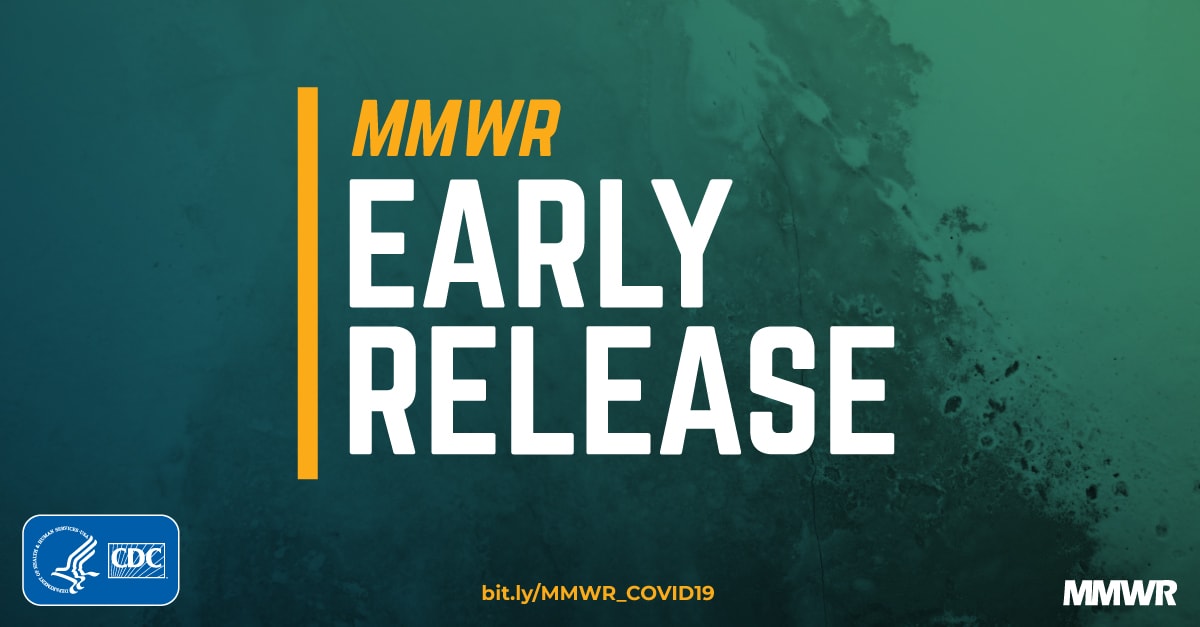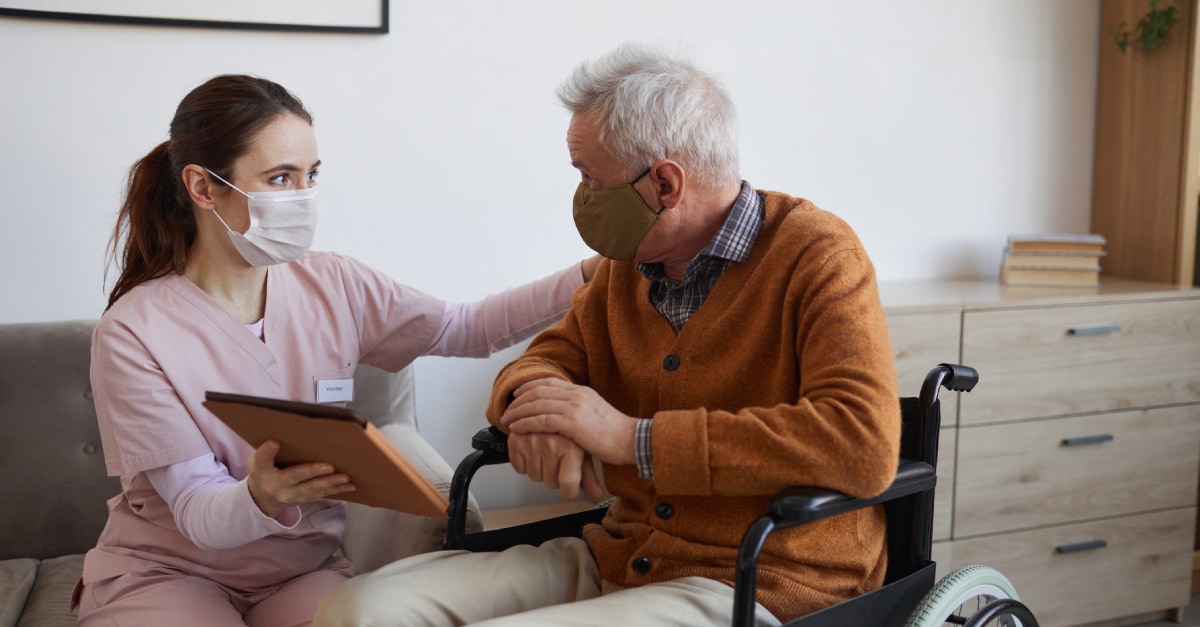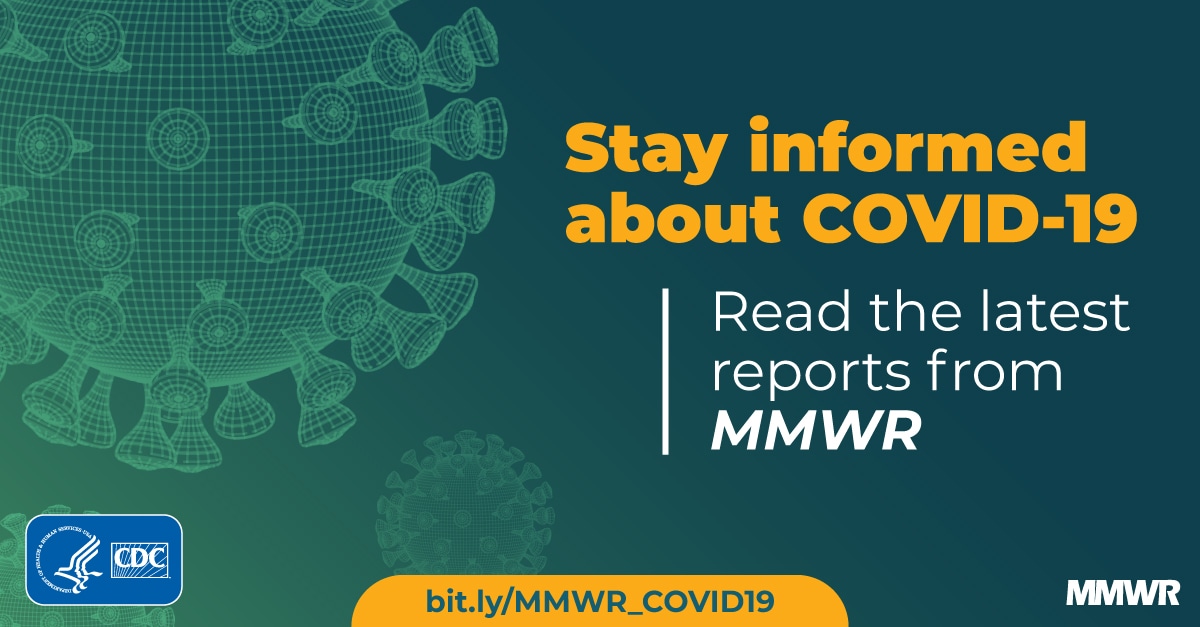The very solid evidence (very large dataset, and peer-reviewed methods to deal with observational bias) we have is 88% (symptomatic) efficacy against Delta from PHE (no vaccine-type breakout of their recent 79% number). However, that was with a longer dosing interval.
Didn’t the UK start with Pfizer later on? I think I recall that their data doesn’t extend as long as Israel’s. I think the Pfizer CEO claimed the UK and Israel data was consistent if you matched time periods. It isn’t clear to me that the conjecture about the importance of the time gap between first and second doses (3 vs 12 weeks) has been conclusively demonstrated. It wouldn’t surprise me if it were partially true but what is the actual effect?
As I said, I wouldn’t be shocked at a drop of efficacy from 80% to 60% in older people who are 8 months out, but as an average efficacy, I would be pretty surprised actually, based on the evidence so far.
I think the Pfizer CEO said they weren’t seeing large differences in efficacy fade based on age although he thought that might make sense for people who are otherwise immunologically compromised. We haven’t seen all of that data published yet, I think.
And I have no concerns that the booster will restore efficacy to good levels close to (but lower than) the trials. It has to be lower than the trials, not because it is delta immune escape, but because people are being exposed to higher viral loads. That lowers actual efficacy (vaccinated people are more likely to become infected, while the risk to unvaccinated people is much less dependent on the viral dose, since they have no barrier to infection). The higher viral loads are both because of delta, maybe, and because of reduced mask use, etc, quite likely.
The Pfizer CEO said the 3rd shot raised antibody levels 10x times the level reached soon after the 2nd shot and 100x times higher than the levels reached ~8 months after the 2nd shot. Those levels may well offset the increase in viral load. I don’t think you can say that 1000x nasal viral load means 1000x transmissibility. We’ve only seen overall transmissibility estimated as being 2-3x higher. Things are complicated.





